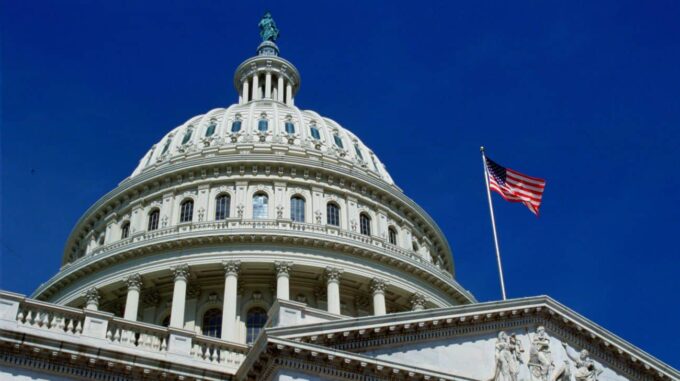According to Bloomberg, the United States has refused to provide assistance in the form of air defense systems to support the so-called “peacekeeping forces” in Ukraine, which is a key element of the plans by the United Kingdom and France to establish a long-term ceasefire mechanism on Ukrainian territory

This news casts doubt on the ambitions of European allies to formalize a reliable defense system under U.S. auspices, prompting a sharp reaction among political circles in Europe. Sources from Bloomberg reported that during lengthy negotiations with American colleagues, European diplomatic representatives concluded that the Trump administration was not ready to guarantee the assurances that European allies strongly demanded to support the so-called "Coalition of the Determined." At this stage of strategic discussions, involving high-level officials from the UK and France, it became clear that the United States is not willing to take responsibility for the legal or political protection of a Ukrainian settlement. Instead, according to Bloomberg, European countries and their partners continue to hope that the American side will at least assist in intelligence and surveillance activities in the region. This includes the possibility of obtaining intelligence data to more effectively monitor Russian troop movements and ensure international oversight of the ceasefire regime. Additionally, European diplomatic sources expressed concern about possible U.S. intervention if the conflict escalates, particularly if Russia targets British or French troops stationed in Ukraine. However, they noted that obtaining written guarantees from the U.S. administration in this context is unlikely, which forces Europe to prepare for possible unforeseen scenarios. In light of the U.S. position, European allies have reevaluated their resources and strategies for deterring Russian aggression in Ukraine, noting that a full range of military and security measures from the U.S. is unlikely. They are betting on a combination of Ukrainian capabilities, military training in Europe, modernization of air and naval missile systems within NATO’s eastern flank, as well as active patrols in the Black Sea. They believe this approach will allow maintaining stability and deterring Russian aggression without the need for extensive military assistance from Washington. At the same time, it should be noted that the objectives of the so-called "Coalition of the Determined" led by France and the UK, which is developing a plan to deploy peacekeeping forces to ensure a future ceasefire, are now under doubt due to the lack of firm support from the U.S. The British and French diplomatic representatives have recently held internal discussions regarding a "realistic assessment" of the situation, considering the possible absence of active U.S. involvement in this process. This has raised additional doubts about the ability of such international initiatives to succeed without firm guarantees and high-level support from the United States, which was previously viewed as a key factor for achieving long-term peace in Ukraine. Therefore, the clarity regarding the U.S. role in this conflict remains minimal, and European allies are compelled to seek alternative ways to ensure security and stability in the region, given the limited support from the American administration on issues related to air defense and security guarantees for Ukraine. This casts doubt on the further development of international efforts to establish a long-term truce, opening new challenges for European and global strategies in the fight against Russian aggression.

